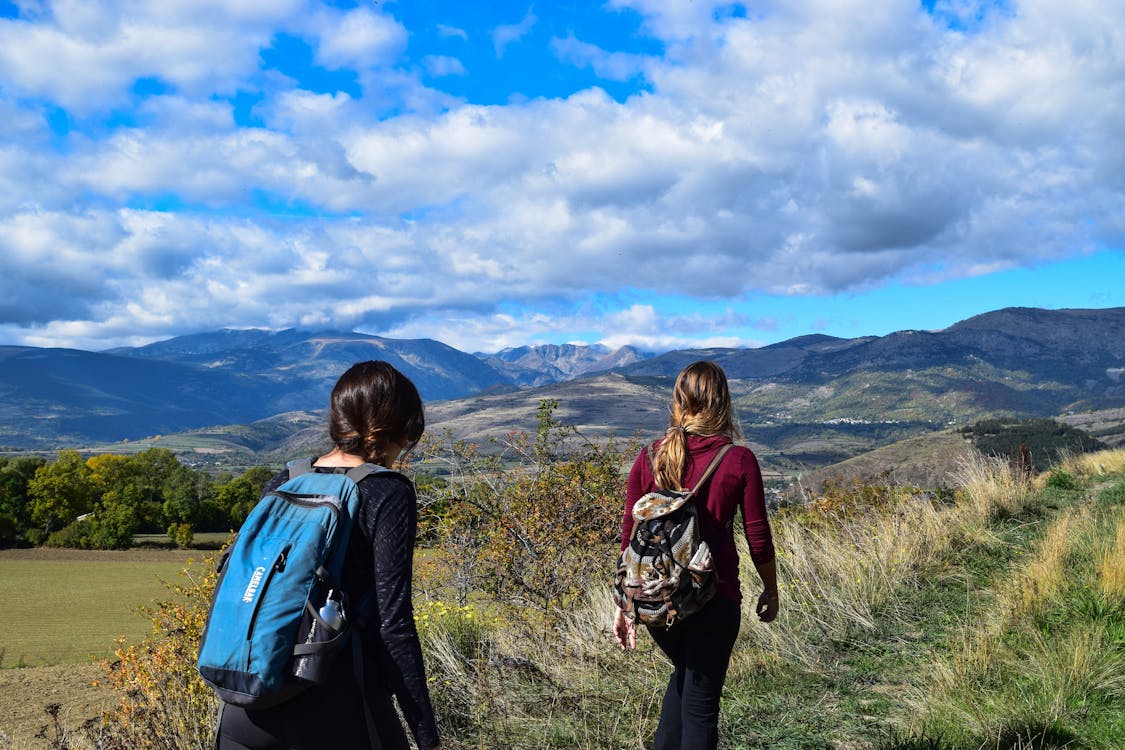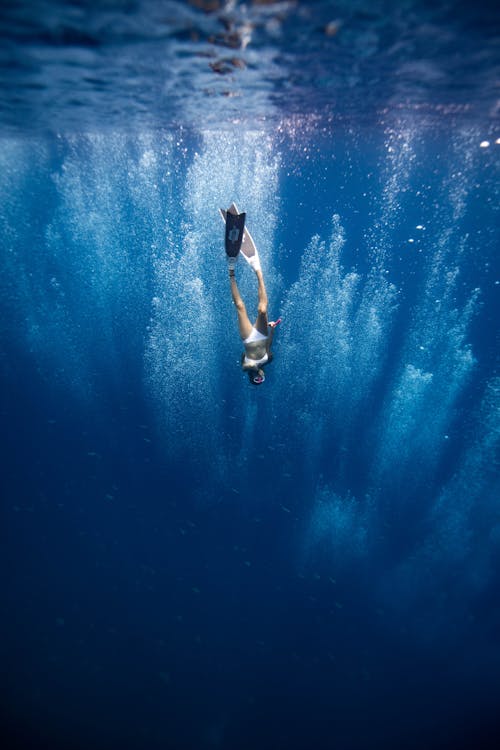Outdoor Activities in the Philippines: Embrace the Adventure
Hiking Trails
The Philippines, with its diverse landscapes, offers some of the most scenic hiking trails in Southeast Asia. Whether you're trekking through lush jungles, climbing volcanic peaks, or exploring coastal cliffs, there's a trail for every adventurer.
When planning a hike, consider your fitness level and the difficulty of the trail. Beginners might start with shorter, well-marked trails in local parks, while seasoned hikers may seek out more challenging routes with steep climbs and rough terrain. Always check the weather forecast and trail conditions before heading out. Essential gear includes sturdy hiking boots, a map or GPS, plenty of water, snacks, and a first-aid kit. Dress in layers and be prepared for sudden changes in weather.
Some popular hiking destinations in the Philippines include:
- Mount Pulag: Known for its "sea of clouds," this hike offers breathtaking views and a chance to experience the third highest peak in the country.
- Mount Apo: The highest peak in the Philippines, offering a challenging climb and diverse wildlife.
- Taal Volcano: A relatively easy hike with a unique view of the volcano's crater lake.
 Camping Tips
Camping Tips
Camping in the Philippines allows you to immerse yourself in its natural beauty. Whether you're car camping or backpacking into the wilderness, preparation is key.
- Choose the Right Campsite: Research campgrounds in advance. National and provincial parks often offer well-maintained sites with amenities. For a more rugged experience, consider dispersed camping in lesser-known areas.
- Pack Essentials: Your packing list should include a tent, sleeping bag, sleeping pad, cooking gear, food, water, a headlamp, and appropriate clothing. Don’t forget a multitool, insect repellent, and biodegradable soap.
- Leave No Trace: Follow the principles of Leave No Trace to minimize your impact on the environment. Pack out all trash, respect wildlife, and stick to designated trails and campsites.
- Safety First: Familiarize yourself with the local wildlife and learn how to store food properly to avoid attracting animals. Keep a first-aid kit handy and know basic first aid.
Water Sports
The Philippines, with its extensive coastline and numerous islands, is a paradise for water sports enthusiasts. From diving in coral reefs to kayaking in pristine lakes, there's something for everyone.
- Diving and Snorkeling: Explore the vibrant marine life in destinations like Tubbataha Reefs Natural Park, Apo Reef, and Anilao. Always check local guidelines and go with a guide if you're unfamiliar with the area.
- Kayaking and Canoeing: Paddle through the crystal-clear waters of Palawan or explore the unique river systems of Bohol and Cebu.
- Paddleboarding: A great full-body workout, paddleboarding is also a peaceful way to explore calm waters. It’s easy to learn and suitable for all ages.

Other Outdoor Adventures
The possibilities for outdoor adventures in the Philippines are endless. Here are a few more to consider:
- Rock Climbing: Whether you're climbing indoor walls or tackling outdoor cliffs, rock climbing is a challenging and rewarding activity. Consider areas like Wawa Dam in Rizal or the cliffs of El Nido for outdoor climbing.
- Surfing: Siargao Island, known as the surfing capital of the Philippines, offers world-class waves and a vibrant surf culture.
- Bird Watching: The Philippines is home to a rich diversity of bird species. Bring a pair of binoculars and a bird guidebook to identify species in areas like the Candaba Swamp or the Olango Island Wildlife Sanctuary.




